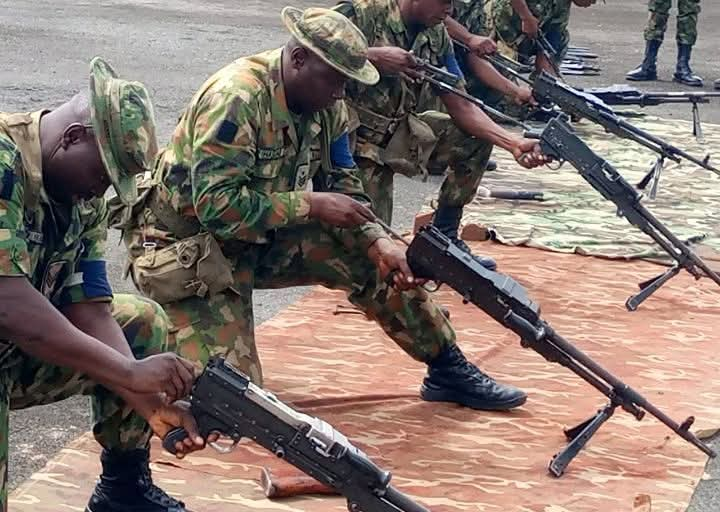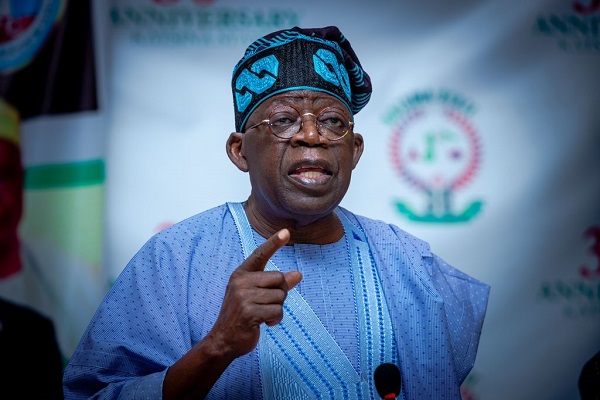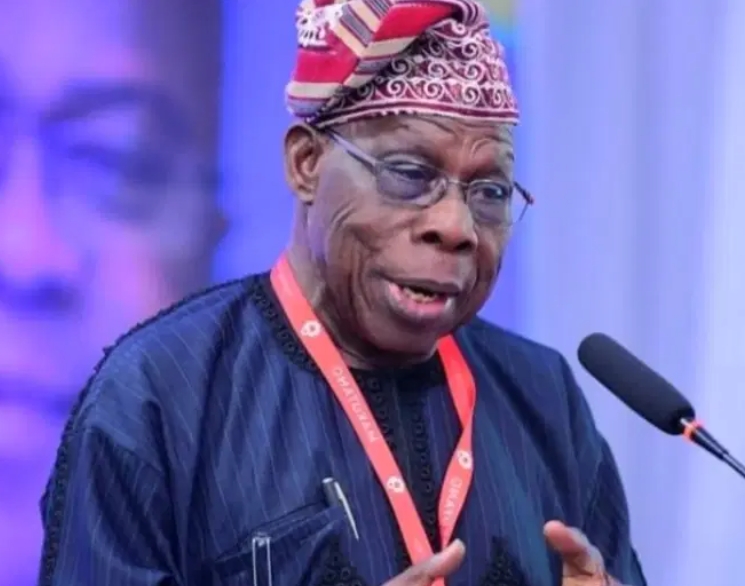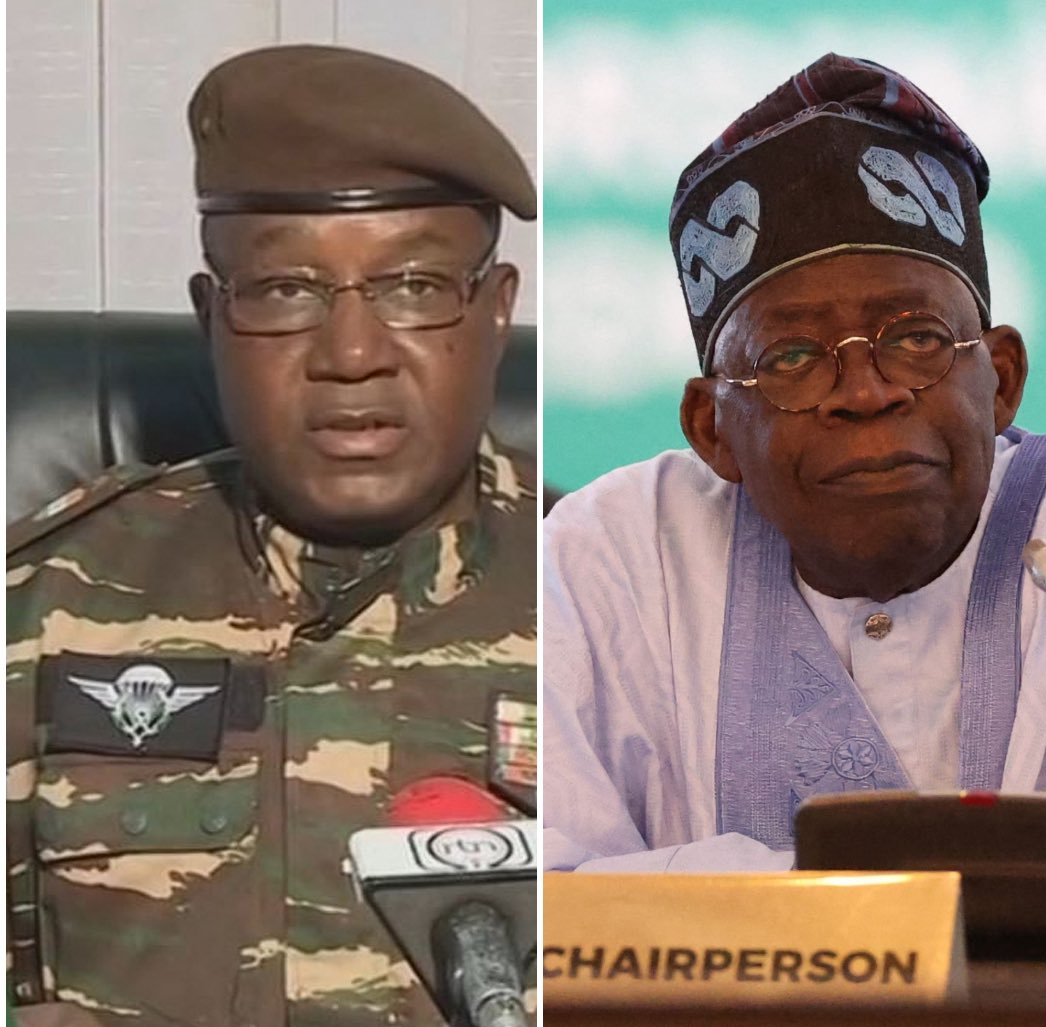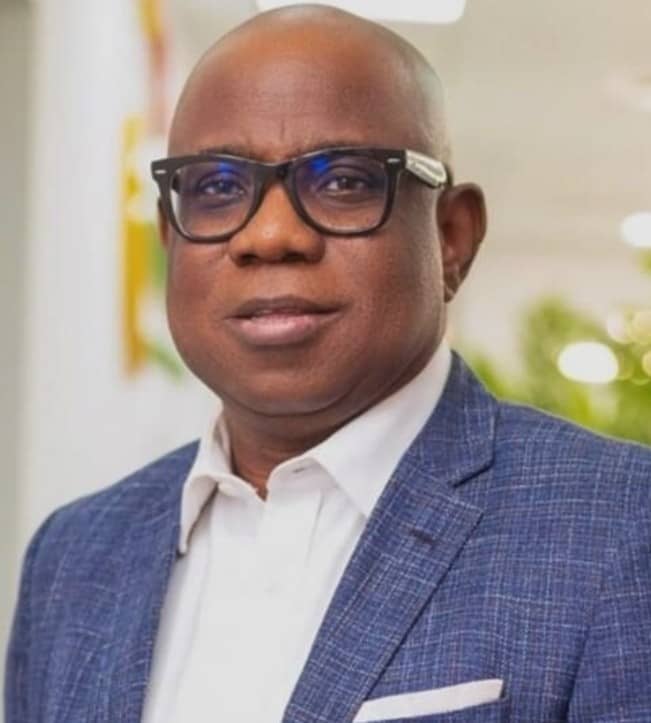Abuja – The Nigerian Air Force (NAF) on Tuesday dismissed reports of an unauthorised airspace incursion, explaining that a C-130 Hercules transport aircraft en route to Portugal made a precautionary landing in Bobo-Dioulasso, Burkina Faso, due to a mid-flight technical fault detected shortly after departing Lagos on December 8, 2025.
In a statement issued by Air Commodore Ehimen Ejodame, Director of Public Relations and Information, the NAF emphasised that the diversion adhered strictly to international aviation protocols prioritising crew safety. The aircraft, on a ferry mission, touched down at the nearest suitable airfield amid the technical concern.
“All personnel on board are safe and have received cordial treatment from Burkinabè authorities,” Ejodame assured, adding that arrangements are underway to rectify the issue and resume the flight as scheduled.
The clarification comes hours after the Alliance of Sahel States (AES)—comprising Burkina Faso, Mali, and Niger—issued a joint statement claiming the aircraft, carrying 11 Nigerian military personnel, was “forced to land” for operating in Burkinabè airspace without permission following an in-flight emergency. AES authorities reportedly detained the crew and impounded the plane pending investigation, raising fears of escalation amid strained ECOWAS-AES ties.
NAF’s account portrays the incident as routine, not provocative, and appreciates the “support received” from host officials. However, the conflicting narratives have sparked online debates, with some questioning the route’s choice over closer options like Ghana’s Tamale airport and calling for transparent verification to prevent diplomatic fallout.
The episode underscores lingering regional frictions since AES’s January 2025 exit from ECOWAS, including mutual accusations of sovereignty breaches. Nigeria, as ECOWAS heavyweight, has maintained diplomatic channels open, but analysts warn such incidents could hinder counter-terrorism cooperation against shared jihadist threats in the Sahel.


